From indigenous festivals to Western events - Double-edged opportunities
The global Indian is helping usher in new festive occasions for brands to exploit. For several years now, occasions like Valentine’s Day, Mother’s Day, Father’s Day, et al, have been converted into marketing opportunities by brands. In recent times, we have seen typically Western events such as Halloween, Black Friday, Cyber Monday, Thanksgiving being brought under the marketing umbrella. This shift represents not only a departure from the conventional marketing calendar, but also a conscious effort by brands to stay attuned to the pulse of a globalised marketplace. For example, e-commerce giants organise Black Friday sales, offering exclusive discounts and deals, mirroring the excitement generated by the event in the West. Clothing and lifestyle brands curate Halloween-themed collections, tapping into the growing enthusiasm for this among Indian consumers.
Emphasising on the evolving nature of consumer-brand interaction, Lloyd Mathias, Business Strategist & Angel Investor, said, “Today, there are a lot more opportunities because of social media. Earlier, brands did two or three big campaigns in a year, but now they almost have a constant dialogue with the consumer. Every occasion is an opportunity to interact or to communicate with the consumer because of moment marketing and the fact that it takes nothing to create a small social media post.”
He added, “We’re in a globalised world, the fact that today a vast quantity of urban Indians are very familiar with what’s happening, whether it’s Valentine’s Day or Halloween, a lot of these festivals have truly become relevant for a lot of Indians. The number of people travelling overseas has also increased and therefore, brands are seeing it as a great opportunity to create interesting stories and interesting selling strategies around it.”
He pointed out that while historically, major communication and selling opportunities revolved around Indian festivals, the growing awareness of Western events provides yet another avenue for brands to connect with consumers. Mathias sees this as an increasing trend rather than a passing fad, offering brands additional opportunities for communication and interaction.
Nisha Singhania, Co-Founder & Director, Infectious Advertising, shed light on the perspective of the youth, asserting that today’s youth in India are global citizens, exposed to both Western and Indian cultures. “To connect with them, it is important for brands to participate in events and trends that are relevant to them,” she added.
Singhania saw this trend as a positive sign of cultural acceptance, emphasising that it doesn’t indicate a shift from Indian to Western culture, but rather reflects an inclusive approach where consumers embrace all cultures.
On the other hand, Dr Sandeep Goyal, Chairman, Rediffusion, adopted a more sceptical stance, questioning the significance of sale events at e-commerce sites in signifying a shift towards Western festivals.
He remarked, “Karwa Chauth in India is any day bigger than Valentine’s. That is not likely to change in the times ahead. Halloween is a largely South Delhi/ SOBO phenomenon, with kids from IB schools behaving like they are back home in New York. My belief is that one drop of rain on your window pane doesn’t mean to say there is a thunderstorm coming.”
Jayapradeep V, Chief Business Officer, Raptee Energy, took a broader perspective, viewing the emergence of Westernisation in marketing as a crucial step toward a more inclusive and globalised business ecosystem. He observed, “This trend is enabling businesses to tap into new markets, reach a wider audience, and gain valuable insights into consumer behaviour. Additionally, it provides consumers with access to a broader range of products and services, while also enhancing their overall shopping experience.”
He saw the adoption of Western events as an inevitable and positive trend driven by globalisation and cultural integration.
Vejay Anand, CEO, Ironhill India & Branding Expert, saw this change as a strategic evolution, noting that while Indian marketing traditionally revolved around indigenous festivals, the integration of Western events presents a dual-edged opportunity for brands.
He said, “The younger urban demographic, in particular, embraces a more cosmopolitan worldview, is open to diverse cultural experiences, and is keen on exploring and adopting elements from various cultures. Therefore, the shift towards a more globalised approach in marketing and consumer engagement is likely to persist. This approach seeks to fuse global trends with local values, resulting in a mutually beneficial outcome for businesses and consumers. By adopting a more inclusive and diverse practice, companies can cater to the evolving needs and preferences of Indian consumers.”
Echoing similar sentiments, Dhara Patel, Marketing Head, Nksha Restaurant Churchgate, commented on creating a universal appeal through the adoption of Western events. She remarked, “Western events create a significant buzz on social media platforms, and integrating these campaigns allows brands to leverage online platforms and engage with real-time audiences in innovative ways.”
Deepali Shetty, Co-founder, narrative too said, "Western influence on brands and marketing is not a new thing. What's changed now is that there are many more avenues to capitalise on this influence. Beyond Christmas, Valentine’s Day and New Year, brands are strategically working to gain from days like Halloween, Black Friday and Thanksgiving."






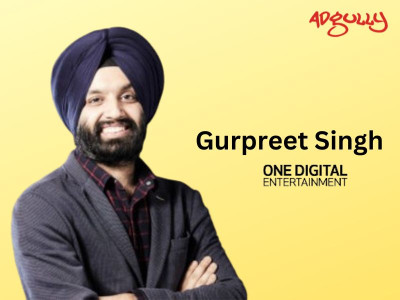
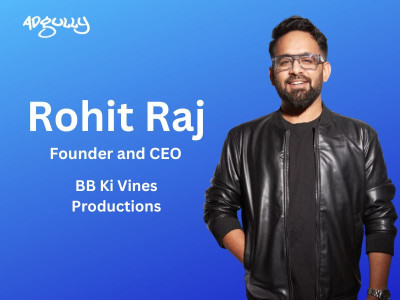

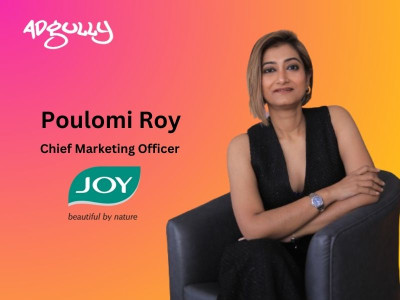



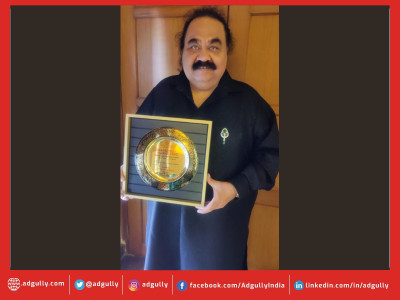
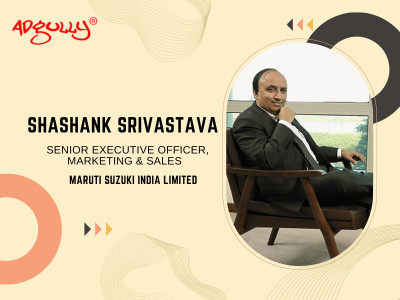
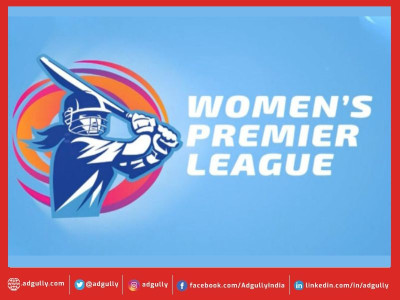


Share
Facebook
YouTube
Tweet
Twitter
LinkedIn